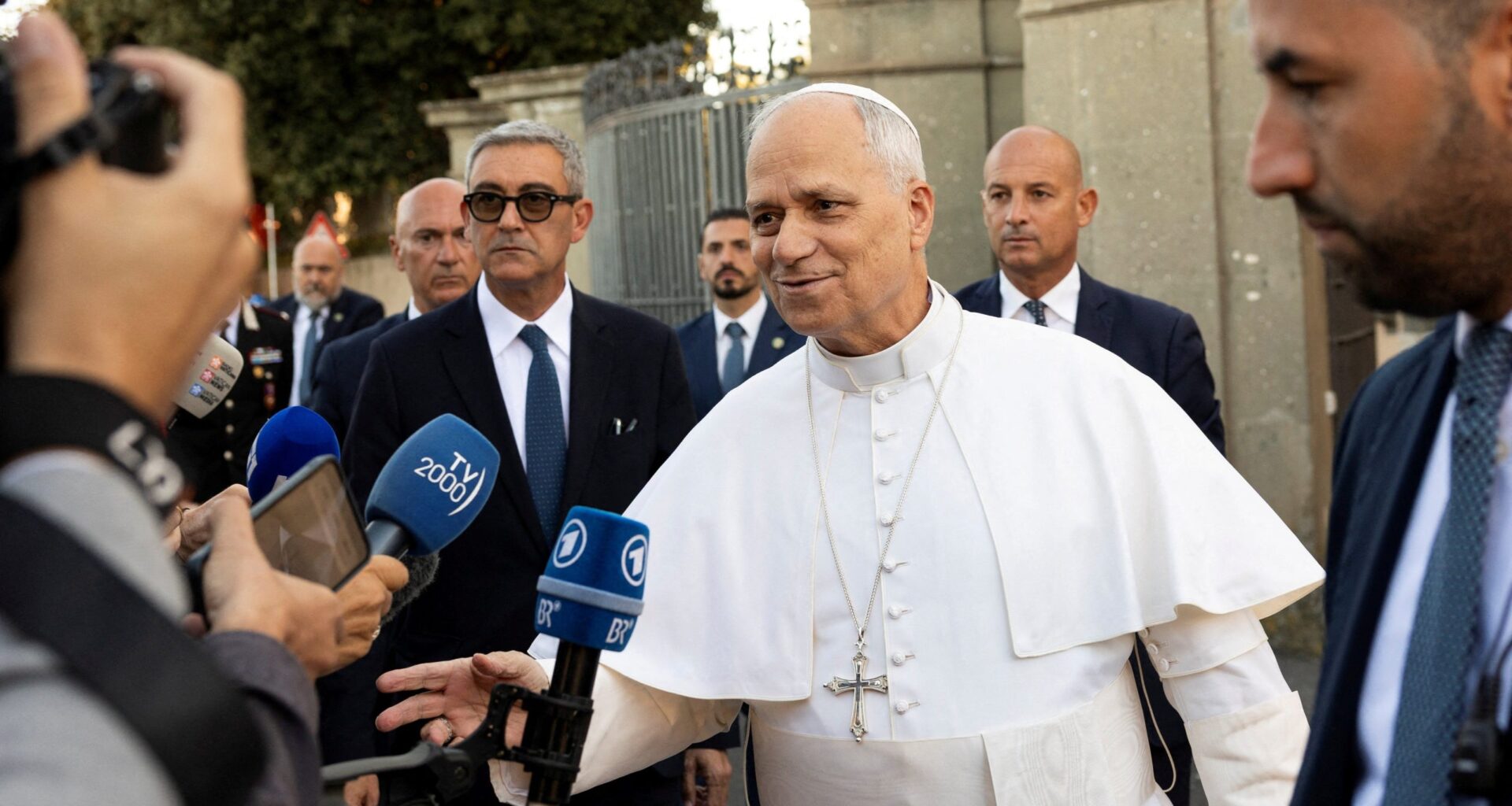Pope Leo XIV intends to call all the cardinals to the Vatican for a two-day meeting on Jan. 7-8, 2026, the Vatican Secretariat of State has told them. Called an extraordinary consistory, the meeting will allow the pope to consult with them personally and hear their opinions on some issues that have not yet been made public.
The meeting also comes in response to requests made by many cardinals during the pre-conclave general congregations in April and May of this year. Since the cardinals are meant to be not only papal electors but also advisors to the pope, they said then that they wish to be called to exercise that role more frequently than under recent pontificates.
According to Canon 353 of the Code of Canon Law, “The cardinals especially assist the supreme pastor of the Church through collegial action in consistories in which they are gathered by order of the Roman Pontiff who presides.” It describes “consistories” as “either ordinary or extraordinary.” Section 3 states that “for an extraordinary consistory, which is celebrated when particular needs of the Church or the treatment of more grave affairs suggests it, all the cardinals are called together.” The January meeting falls into this category.
The news was first broken by the National Catholic Register yesterday in a report from Edward Pentin that said cardinals had received a communication from the Vatican’s Secretariat of State on Nov. 6 informing them that the “Holy Father Leo XIV has in mind to convene an Extraordinary Consistory for the days of January 7 and 8, 2026,” and adding that “In due course, the Dean of the College of Cardinals will send to Your Eminence the relevant letter with further details.” America has since received confirmation of this news from various cardinals, though the Vatican has not made any official announcement.
It will be the second time that Leo holds a meeting with the College of Cardinals since his election on May 8. He held a two-hour meeting (though not called a consistory) with them on May 10 at which he began by outlining the priorities for his papacy—substantially following the path of Pope Francis regarding evangelization, care for the poor and for creation, reform of the Curia, Vatican finances and, importantly, synodality.
“You, dear Cardinals, are the closest collaborators of the Pope,” Leo told them that day. “This has proved a great comfort to me in accepting a yoke clearly far beyond my own limited powers, as it would be for any of us. Your presence reminds me that the Lord, who has entrusted me with this mission, will not leave me alone in bearing its responsibility. I know, before all else, that I can always count on his help, the help of the Lord, and through his grace and providence, on your closeness and that of so many of our brothers and sisters throughout the world who believe in God, love the Church and support the Vicar of Christ by their prayers and good works.”
India’s Cardinal Oswald Gracias, Archbishop of Bombay from 2006 to 2025, later told America, “I felt the meeting was a message to the cardinals. The message was this: ‘You are important to me, I will need your help, I need your assistance to lead the church.’”
The news of this January gathering raises several questions. Does Leo intend to hold such extraordinary meetings with the cardinals once or twice a year? If so, will Leo—who as an Augustinian has been used to a collegial style of governance—continue to have a council of cardinal advisors, like Francis had during his pontificate? Further, what topics does Leo wish to discuss with the cardinals?
Popes always call a consistory to make new cardinals, but it is not expected that Leo will create new cardinals at this stage, given that as of today, Nov. 8, there are still 126 cardinal electors (meaning under the age of 80 with the right to vote in a papal conclave) in the College of Cardinals. The ceiling set by Pope Paul VI for the number of electors in a conclave remains at 120, though his successors exceeded that number on several occasions. Leo could, of course, decide to change that number, given that the College of Cardinals is much larger now than during the 1963-1978 reign of Pope Paul VI. The college currently has a total of 245 members from 92 countries.
By the time of the January meeting, there will still be 122 electors in the College of Cardinals. That number will not decrease to 120 until April 15, 2026, and will fall to 117 by July 18 of next year. In 2027, 13 cardinals will turn 80 and so no longer have a right to vote.
When Pope Leo does decide to make new cardinals, many will be watching to see whether he follows the path blazed by Pope Francis in looking to the peripheries and bypassing traditional sees in Italy and other countries, or return to a pre-Francis mode of choosing the cardinals.
The January consistory will open on the day after Leo closes the Holy Door in St. Peter’s Basilica, marking the end of the Jubilee Year 2025. The next Jubilee Year will be held in 2033, for the 2,000th anniversary of the crucifixion, death and resurrection of Jesus.
America has also learned that Pope Leo will hold his annual meeting with the diplomatic corps accredited to the Holy See on Jan. 9. He will then meet the ambassadors from the 184 states that have established full diplomatic relations with the Holy See.
Related

